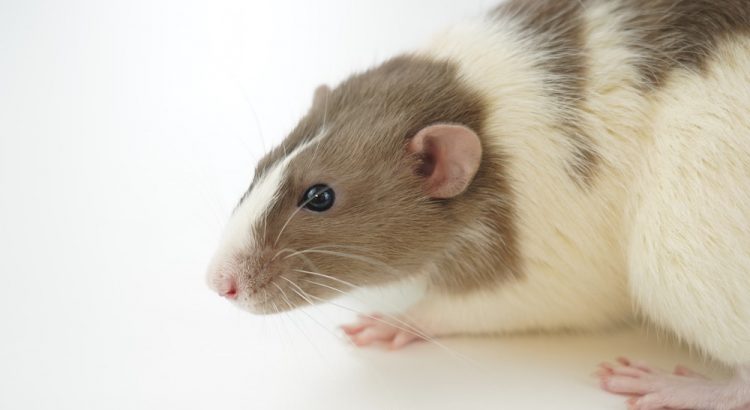Podcast: Play in new window | Download
Subscribe: Spotify | Email | TuneIn | RSS
Wherever scientists gather, there is sure to be a poster session. You may see them at major scientific symposia, as well as your university’s departmental retreat.
To keep things interesting, a lot of conference organizers will host a poster competition. Entrants will have a chance to present their poster to a judge, who will score each one on the scientific content, clarity, and style.
Some poster contests offer cash awards, but either way, it makes a great line on your CV.
This week, we share an insider’s guide on how to craft your poster and take home the big prize.
Read More



